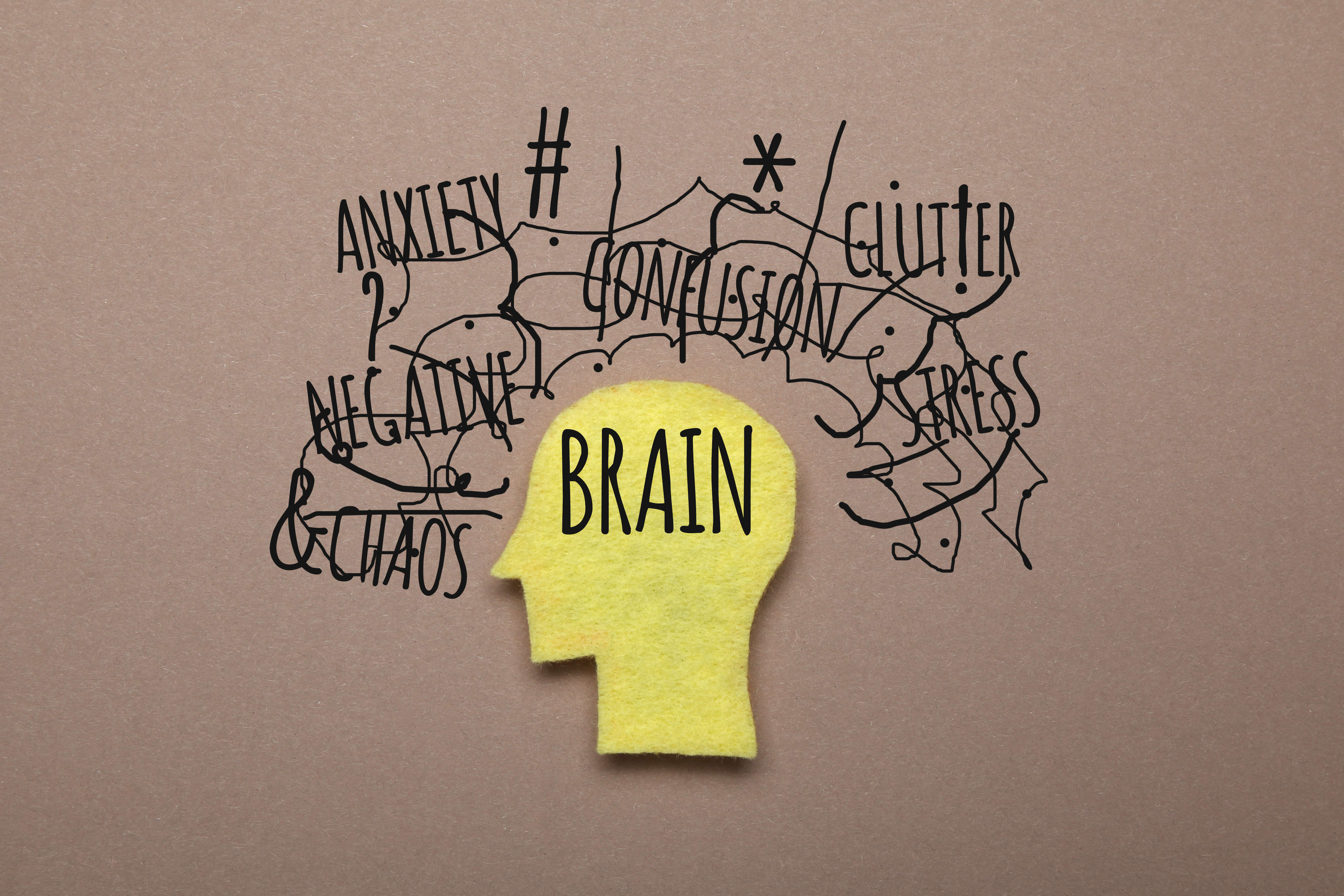We cannot fully know ourselves until we know the brain. In 2020, I learned that true healing involves educating oneself about genetic contributions to psychiatric disorders, being aware of neurodevelopmental disabilities and learning how one’s past traumatic experiences may be connected to being misunderstood. Self-care is investing in everything our mind, body, soul and brain needs to feel and function in a “healthy” way; self-care isn’t just finding ways to feel good.
For years, I’ve identified with friends who have symptoms of ADHD but never committed to a full assessment. In private, I’ve struggled to hide these symptoms, complete tasks and make people feel like I care about the things I can’t remember–like birthdays, anniversaries, and everyday conversations. Without an official diagnosis of ADHD, I couldn’t explain my actions and that gave people the power to label me as they chose.
My friend recently launched the Ask Ashley podcast and while congratulating her, I shared that I listened to one of the first episodes. Naturally she wanted to know which one. When asked, I paused and pushed my brain to remember a sentence, joke, topic or title from the 40 minute podcast but I couldn’t remember a thing. Having ADHD often means being present without paying attention but I’m sure my friend of 18 years was simply offended. Proclaiming my support and not remembering her work seemed worse than if I didn’t listen at all.
2020 gifted the world with more than enough time to slow down and self-reflect and it was the year I decided to focus on myself. In 2020, I was diagnosed with attention-deficit hyperactivity disorder, predominantly inattentive type and I was thrilled. Finally, I had confirmation of what was going on with my brain and I could help those around me understand what was going on too.
Eager to learn and educate my loved ones, I looked to the internet to find a support group, an ADHD coach and social accounts that spread awareness about ADHD. On instagram, I found comfort in infographics and ADHD advocates like Authentically ADHD, The ADHD Good Life, ADHD Actually, and found humor from ADHD Memes. These pages and the conversations that sparked from my diagnosis empowered me to start explaining my brain with pride.
4 Things I’ve Learned to Cope with ADHD:
Feeling guilty about unproductive days is unproductive.
Being still is something that many people seek, so why feel guilty for being stuck some days. I’ve learned that completing even the smallest task is something to celebrate and I no longer feel guilty if I don’t knock out my entire to-do list.
It’s unfair to compare your progress to others
ADHD isn’t an excuse but it’s the reason why some need more time and support. My school offers more time for testing and as an adult who recently returned to college, I appreciate the extra time on exams and accommodations. I’ve learned to also be okay with resetting and adjusting my expectations around deadlines.
Learn your preferred way to communicate and digest information.
My preferred form of communication is texting because it allows me to share my attention with other things and fidget around, which helps me concentrate. I can follow a conversation better when I’m looking at the phone. I’ve realized that talking for long periods of time or listening to audio conversations can stress me out. I hang up feeling like I need to catch up with my brain and the many things I neglected to focus on.
Give yourself MORE time.
The brain may need more time to get going than the mind can calculate. It’s easy to get frustrated with yourself when you run late, so always give yourself a buffer for distractions. You may need time to find your keys, daydream or whatever the brain decides to do.
I have ADHD and I’m thriving. Learning about my brain, helped me advocate for my needs and that brings me more joy and less shame. Every completed task feels like an award. My inattentiveness has given fun laughs to my loved ones, who know my intention is good; and I’ve learned to stop people mid sentence and say “I’m sorry. I got distracted.” I finally feel free.
As a YA author and the founder of Precious Dreams Foundation, I’ve committed many years to empowering children to prioritize their needs. This year I decided to do the same for those living with ADHD. Writing for comfort inspired “My Busy Busy Brain: The ABCDs of ADHD,” my first children’s book, to be released in Spring 2021. Being diagnosed with a mental disability is a gift, allow it to inspire you to higher levels of self-care.


